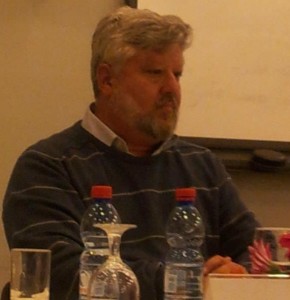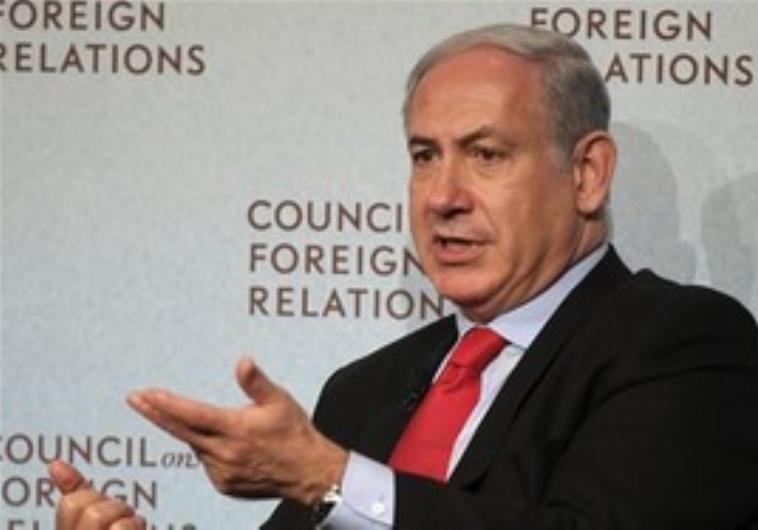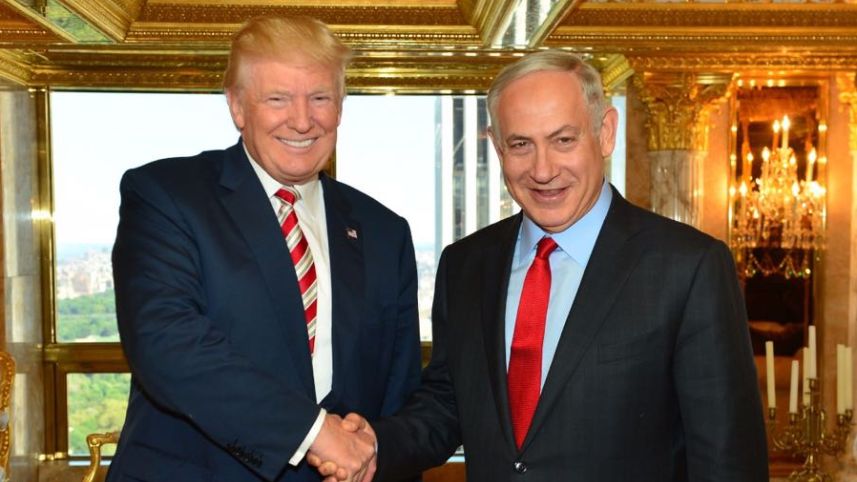Gershon Baskin pointed out how Palestinians and Israelis have signed 6 agreements, which all of them have been breached by both sides as there is a lack of dispute resolution in the negotiations and none of the agreements include mechanisms in order to deal with breaches.
During the last months President Barack Obama, Secretary of State John Kerry and Defense Secretary Chuck Hagel have visited Israel/Palestine, underscoring the position of the US third party role in the Israeli-Palestinian conflict. The visits also actualize a discussion on what roles third parties have played in the conflict and the chances for such involvement to enable renewed attempts on negotiating.
On the basis of this, IPCRI arranged a public debate in Jerusalem with Ms. Hiba Husseini, Dr. Firas Raad and Dr. Gershon Baskin, moderated by IPCRI’s co-CEO Riman Barakat.
Husseini opened the debate explaining how a third party can function as a broker in negotiations, pushing for progress between the conflicting parties. Supporting the presence of a third party is often a sign of the parties being unable to move into certain areas of negotiations without external assistance. Palestinians publicly support the presence of a third party in the negotiations with Israel, realizing the US’ decisive role when it comes to getting Israel on board. Third parties have succeeded in getting Palestinians and Israelis to sign agreements but the problems have occurred in relation to the actual implementation. Husseini moved on to the question on security cooperation between Israel and Palestine, seeing the current security cooperation as one of the biggest successes in the Israeli-Palestinian relationship so far. Opposing views on whether it is peace that brings security or if security brings peace, has made it difficult for this cooperation to reach its full potential. In conclusion, Husseini mentioned the Sinai-model, a military cooperation between the US, Israel and Egypt, as a source of inspiration for a possible multinational force in Israel/Palestine. However, she stressed that such cooperation would not come without Palestinians being granted sovereignty as a first step.
Dr. Firas Raad agreed with both Husseini and Baskin on how third party involvement has only shown to be partially effective in the Israeli-Palestinian conflict. However, Raad stressed his support to third party participation, pointing out other situations where a third party might play an important role. He pointed out the role of mistrust and clashing conflict narratives, and how this can create enduring psychological hinders for solving the conflict. This distrust can in some situations only be cut through by a trusted outsider, illustrating a situation where a third party might play a decisive role. However, pushing a common ground agenda is easily challenged by fundamental currents within the conflicting parties. This is found within both the Israeli and Palestinian camps. If it is a political conflict, a third party might be able to help, if it is a religious conflict, third party effort would give less effect.
All the panelists pointed out how third party involvement has played and most probably will continue to play an important role when it comes to achieving progress in the negotiations between Palestinians and Israelis. However, a United States with too much of a personal agenda might easily jeopardize such progress, which shows the importance of the parties themselves putting forth great effort in future negotiations.



